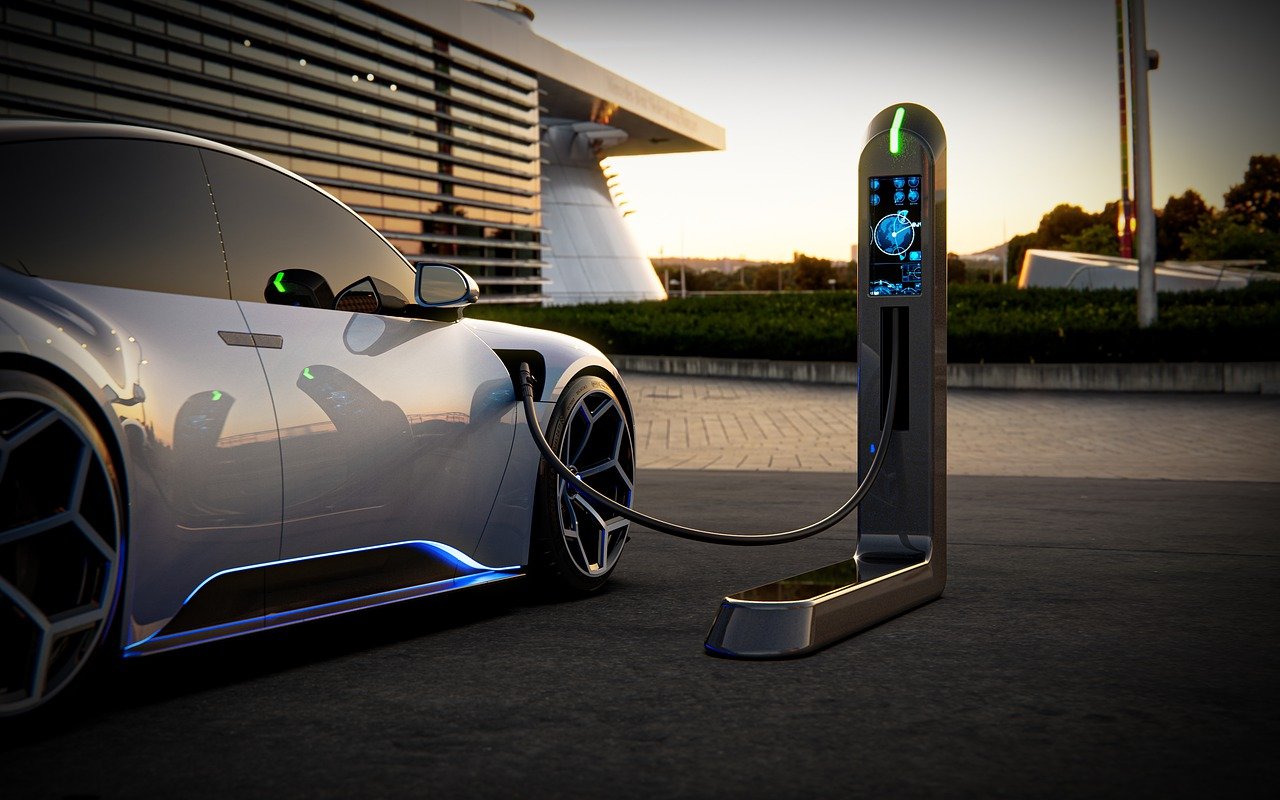Global sales of fully electric and plug-in hybrid vehicles (EVs) soared by 25.6% in 2024, reaching over 17 million units, driven by record December sales and steady growth in China. Research firm Rho Motion highlighted that government incentives and emission targets significantly boosted EV adoption, with the UK surpassing Germany as Europe’s largest battery-electric vehicle market.
China maintained its dominance with December EV sales rising 36.5% to 1.3 million units, contributing to a total of 11 million vehicles sold throughout the year. Meanwhile, EV sales in the United States and Canada increased by 8.8% to 0.19 million in December, and Europe reported a modest 0.7% year-on-year growth, selling 0.31 million units. The rest of the world saw a robust 26.4% increase in December sales.
Rho Motion cautioned about potential market challenges, pointing to the impact of Germany's subsidy removal, which significantly slowed the European market. A similar scenario could occur in the U.S. if subsidies are cut. Despite the EU imposing tariffs on Chinese-made EVs in late October, there was no immediate decline in sales of these models.
China extended its auto trade-in subsidies into 2025 to support EV adoption and economic growth. In Europe, automakers are strategizing to meet stricter CO2 emission regulations by purchasing carbon credits from EV manufacturers like Tesla and Polestar.
As the EV market enters a transformative phase in 2025, slowing growth in China, new European emissions targets, and potential U.S. policy changes under the incoming Trump administration will shape the industry’s trajectory.
The growing EV market underscores its pivotal role in global sustainability efforts and the shift toward greener transportation solutions.



 Sony Q3 Profit Jumps on Gaming and Image Sensors, Full-Year Outlook Raised
Sony Q3 Profit Jumps on Gaming and Image Sensors, Full-Year Outlook Raised  Alphabet’s Massive AI Spending Surge Signals Confidence in Google’s Growth Engine
Alphabet’s Massive AI Spending Surge Signals Confidence in Google’s Growth Engine  Instagram Outage Disrupts Thousands of U.S. Users
Instagram Outage Disrupts Thousands of U.S. Users  SpaceX Pushes for Early Stock Index Inclusion Ahead of Potential Record-Breaking IPO
SpaceX Pushes for Early Stock Index Inclusion Ahead of Potential Record-Breaking IPO  SpaceX Prioritizes Moon Mission Before Mars as Starship Development Accelerates
SpaceX Prioritizes Moon Mission Before Mars as Starship Development Accelerates  Jensen Huang Urges Taiwan Suppliers to Boost AI Chip Production Amid Surging Demand
Jensen Huang Urges Taiwan Suppliers to Boost AI Chip Production Amid Surging Demand  CK Hutchison Launches Arbitration After Panama Court Revokes Canal Port Licences
CK Hutchison Launches Arbitration After Panama Court Revokes Canal Port Licences  TrumpRx Website Launches to Offer Discounted Prescription Drugs for Cash-Paying Americans
TrumpRx Website Launches to Offer Discounted Prescription Drugs for Cash-Paying Americans  Nvidia Nears $20 Billion OpenAI Investment as AI Funding Race Intensifies
Nvidia Nears $20 Billion OpenAI Investment as AI Funding Race Intensifies  Toyota’s Surprise CEO Change Signals Strategic Shift Amid Global Auto Turmoil
Toyota’s Surprise CEO Change Signals Strategic Shift Amid Global Auto Turmoil  TSMC Eyes 3nm Chip Production in Japan with $17 Billion Kumamoto Investment
TSMC Eyes 3nm Chip Production in Japan with $17 Billion Kumamoto Investment  Washington Post Publisher Will Lewis Steps Down After Layoffs
Washington Post Publisher Will Lewis Steps Down After Layoffs  Elon Musk’s SpaceX Acquires xAI in Historic Deal Uniting Space and Artificial Intelligence
Elon Musk’s SpaceX Acquires xAI in Historic Deal Uniting Space and Artificial Intelligence  SoftBank and Intel Partner to Develop Next-Generation Memory Chips for AI Data Centers
SoftBank and Intel Partner to Develop Next-Generation Memory Chips for AI Data Centers  Nvidia, ByteDance, and the U.S.-China AI Chip Standoff Over H200 Exports
Nvidia, ByteDance, and the U.S.-China AI Chip Standoff Over H200 Exports  Nasdaq Proposes Fast-Track Rule to Accelerate Index Inclusion for Major New Listings
Nasdaq Proposes Fast-Track Rule to Accelerate Index Inclusion for Major New Listings  Trump Backs Nexstar–Tegna Merger Amid Shifting U.S. Media Landscape
Trump Backs Nexstar–Tegna Merger Amid Shifting U.S. Media Landscape 































